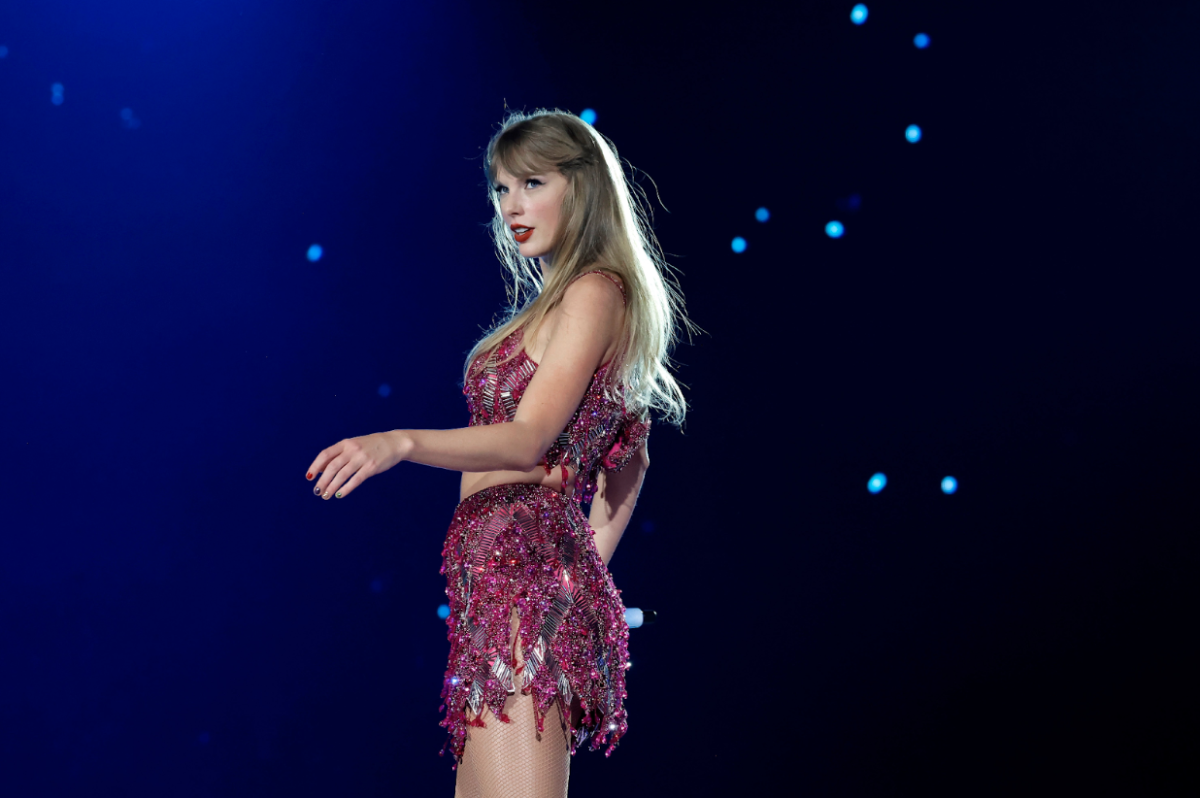Despite harsh reviews from critics, “Godzilla: King of the Monsters”, adored by fans both domestically and internationally, has made a successful return to the box office under Legendary Entertainment’s “MonsterVerse” label. With it, they’ve re-established the reign of the Japanese mascot as well as introduced the King of the Monsters to a new generation.
Filled with glorious kaiju (giant Japanese monsters) action, the film is a CGI spectacle filled with iconic Japanese monsters reimagined under the creative influence of director Michael Dougherty. Godzilla returns with an updated design from his 2014 entry, sporting dorsal plates more akin to the original Godzilla that debuted in 1954. Mothra and Rodan, two of the supporting monsters, emerge with an updated design that doesn’t stray too far from the source material like Roland Emmerich’s “Godzilla” movie made in 1998. Perhaps the most anticipated of the monsters, King Ghidorah, retains his roots from Asian folklore while still appearing as a fearsome and intimidating villain in a modern setting. Unlike the series’ prior installment in 2014, the human cast takes a backseat to the titans, leaving the film to feature giant monsters battling each other to the death not unlike the 29 Japanese movies that came before it. With a budget of nearly $200 million, the movie doesn’t hold back in its action, with clashes of titanic proportions and mass destruction that make superhero movies look small in comparison. For longtime fans of the franchise, “Godzilla: King of the Monsters” is a childhood dream brought to life in ways that would’ve been unimaginable decades ago.
Aside from the film’s spectacular action sequences and CGI rendering, the soundtrack composed by Bear McCreary, known for his work on “The Walking Dead” and “Outlander” among others is among the most memorable in recent years. Drawing from the series’ roots, the soundtrack accompanying the film is both a remixing as well as a reimagining of the original scores produced by Japanese composers Akira Ifukube and Yuji Koseki. When asked about the film’s soundtrack, McCreary called it “the most audacious piece of music” he’s produced throughout his career, referring to the grandiose choir and orchestra, the heart-pumping taiko chanting and drumming and the splashes of American rock and metal, creating a true hybrid of American and Japanese music, a fusion of precedent and innovation. Owing to McCreary’s talent, the soundtrack within the film perfectly compliments the story and action beats, amplifying them rather than flatlining in the background.
However, despite the film’s praise by fans worldwide, “Godzilla: King of the Monsters” has taken a hit by film critics, with most stating that the film’s CGI spectacle doesn’t excuse the “poor” storytelling and one-dimensional acting by the human cast. Ironically, it’s these very same critics that previously complained about the movie’s 2014 prequel featuring too much of the human storyline rather than showcasing the monsters.
At its core, “Godzilla: King of the Monsters” is a true American successor to the original films produced by Toho; a monster-flic that sacrifices a thought out story and developed cast for an outrageously fun monster-brawl with a linear plot, character tropes and symbolism. The franchise has never been known for its direct storytelling, but rather its role as an allegory and commentary on Japan itself. The original film and “Shin Godzilla”, which was released in 2016, alluded to the fear of nuclear power, with the one made in 1954 directly correlating with the atomic bomb, and “Shin Godzilla” which corresponded with the Fukushima nuclear disaster and the Japanese government’s handling of the crisis. Despite the campy and overly long name of “Godzilla, Mothra and King Ghidorah: Giant Monsters All-Out Attack”, the movie serves as the embodiment of Japan’s struggle with its past as both a victim and oppressor. With this film, it serves as a commentary on how mankind, despite remaining on top of the natural order for so long, is still susceptible to being overcome by nature, and that our dominance, much like the dinosaurs of old, can easily be wiped out in short matter of time.
“Godzilla: King of the Monsters” may have been bashed by critics, but for fans of the series and the king himself, this film stays true to cultural roots, and despite grossing less in its opening weekend than its predecessor, remains a better Godzilla movie at its core.





















